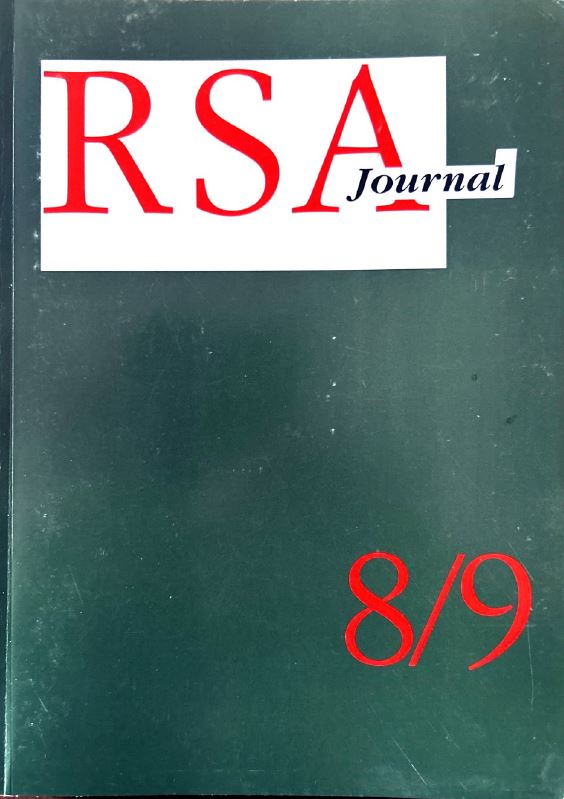The Contagious Fever of the Jungle
Primitivism in Claude McKay's “Home to Harlem”
DOI:
https://doi.org/10.13135/1592-4467/8903Keywords:
primitivism, African American consciousness, HarlemAbstract
Since its publication, in 1928, the central issue of controversy around which the critical debate on Claude McKay's Home to Harlem revolved was one of primitivism. By considering McKay's use of primitivism in its larger biographical, artistic and historical context, this paper argues that primitivism in McKay's novel makes a claim for a different black sensibility, a counterculture in opposition to white, middle-class culture. Primitivism recuperates the uniqueness of a black, urban working class which values its difference from white, European and American, civilization. At the same time, however, by excluding women from its discourse, and despite McKay's radical leanings, primitivism also betrays the novel's entrenchment in the patriarchal ideology of American individualism.
Downloads
Published
Issue
Section
License
RSAJournal will apply a CC BY 4.0 license to all its contributions starting with issue 37 (2026). Previous issues are licensed under a CC BY-NC-ND licence.





